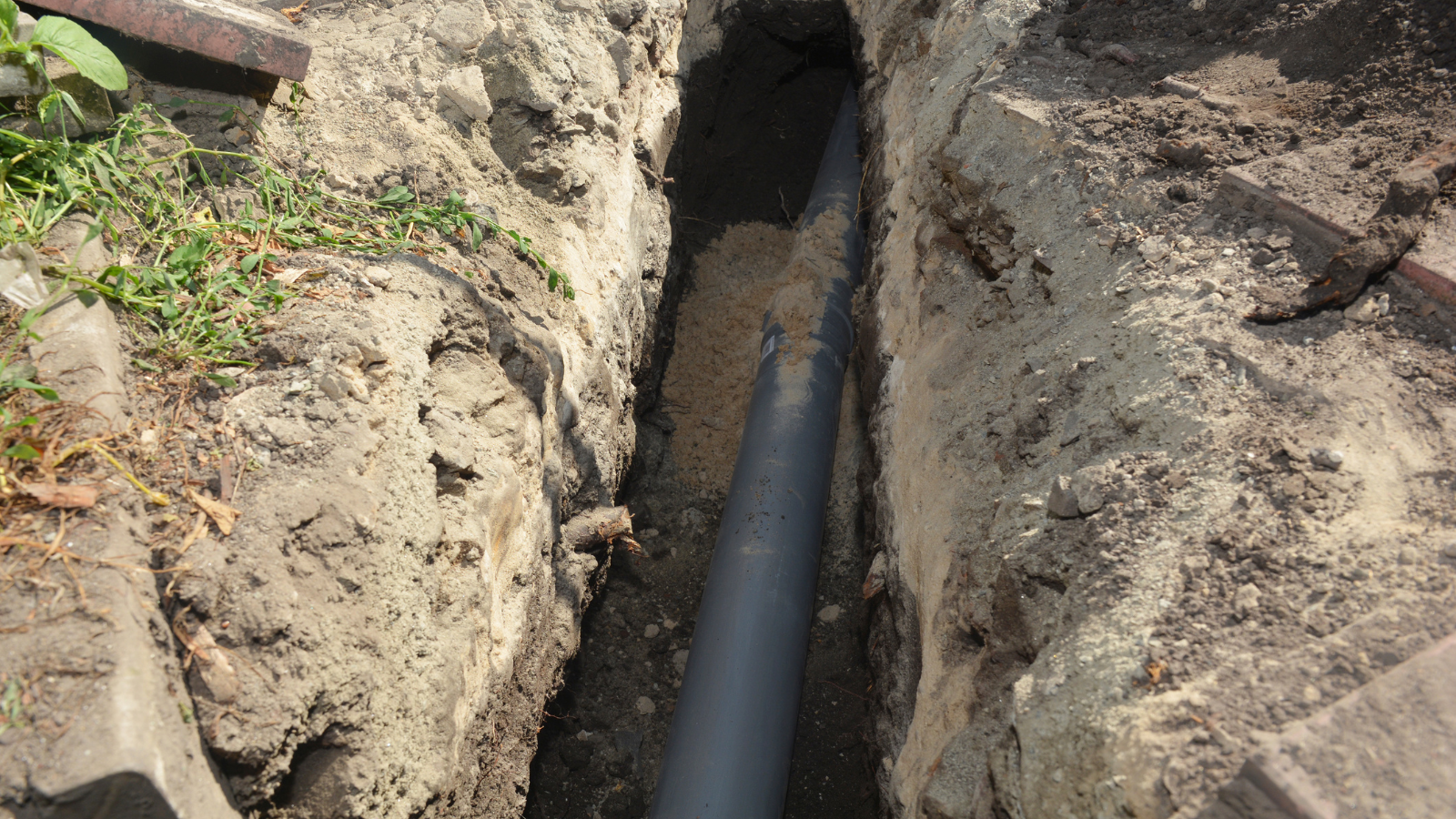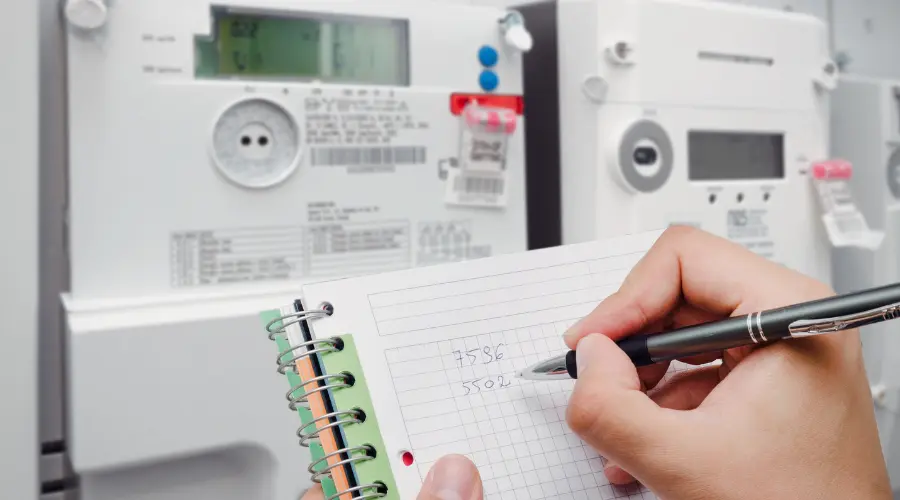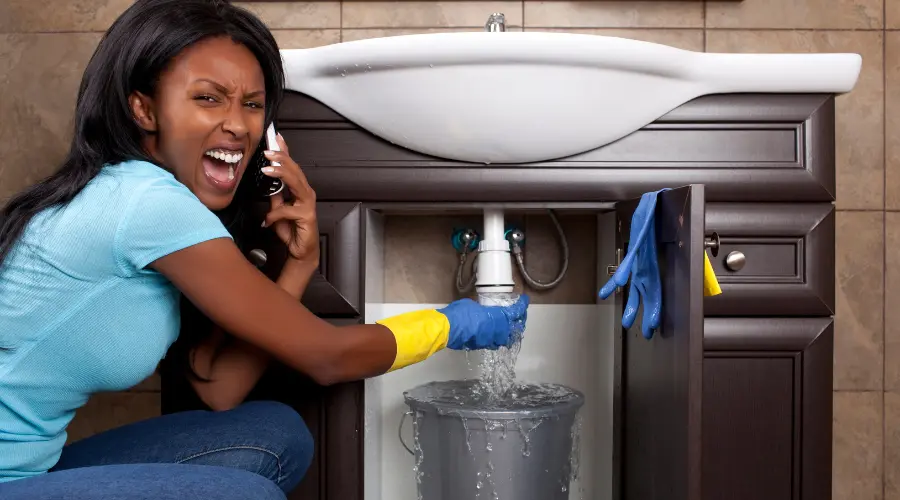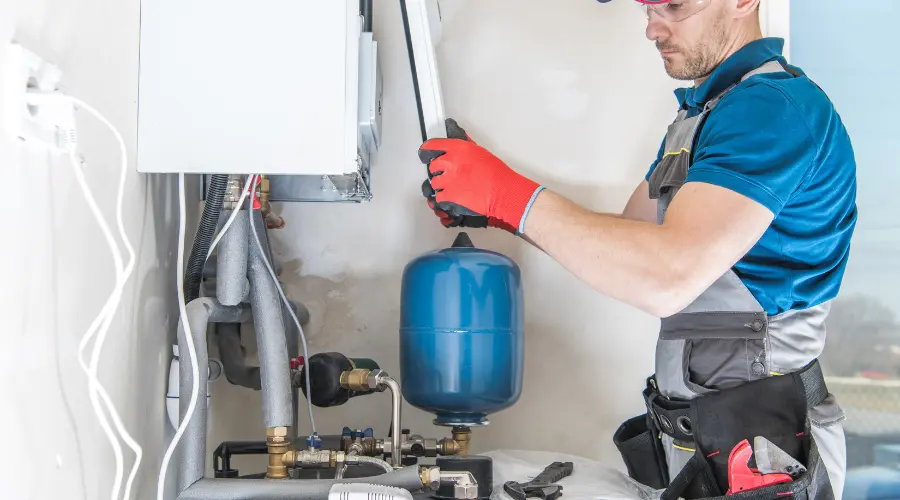Sewer line maintenance is a crucial yet often overlooked aspect of home and property care. Neglecting it can lead to severe damage and costly repairs. Proper maintenance ensures that wastewater flows smoothly from your home to the municipal system or septic tank, safeguarding your property from potential issues. This guide provides essential information on sewer line maintenance, including best practices, preventive measures, and the importance of regular upkeep.
Transforming your home, whether through renovation or new construction, hinges on the importance of high-quality plumbing fixtures for both functionality and aesthetics. For all plumbing needs, residents of West New York, New Jersey, and the surrounding areas trust CBJ West New York Plumbing. Our knowledgeable plumbers are ready to take on any task, no matter how big or little. faucet repairs to large-scale plumbing upgrades with exceptional skill and expertise.
What is Sewer Line Maintenance?
Sewer line maintenance involves the routine care and inspection of your property’s sewer system. This includes monitoring the network of pipes that transport wastewater away from your home and ensuring they remain clear and functional. Effective maintenance helps prevent common issues such as blockages, leaks, and root infiltration, which can escalate into significant problems if not addressed promptly.
Key Aspects of Proper Sewer Line Maintenance
1. Regular Inspections: Schedule periodic inspections to detect potential issues early. Professional plumbers use specialized cameras to examine the interior of sewer pipes, identifying problems like cracks, blockages, or root infiltration that may not be visible from the surface.
2. Clearing Blockages: Address blockages caused by debris, grease, or tree roots. Regular clearing is essential, and avoiding the disposal of non-biodegradable goods like sanitary napkins or wipes can help prevent clogs.
3. Maintaining Cleanliness: Keep your sewer lines free from debris and buildup. This may involve using enzyme-based cleaners or chemical solutions that dissolve organic material and keep the pipes clear.
4. Checking for Leaks: Monitor for signs of leaks, such as wet spots, mold growth, or unpleasant odors. of non-biodegradable goods like sanitary napkins or wipes significant water damage and reduce repair costs.
Preventive Measures for Sewer Line Health
1. Routine Professional Inspections: Arrange for regular inspections by a certified plumber or sewer specialist. These experts are able to assess the state of your sewer lines and address minor issues before they become significant problems.
2. Proper Disposal Practices: Avoid disposing of grease, oils, and non-flushable items down the drain. Use strainers in sinks and tubs to capture hair and additional dirt that may cause blockages.
3. Tree Root Management: If you have trees near your sewer lines, install root barriers to prevent roots from invading the pipes. Regularly trim tree roots to minimize the risk of damage.
4. Use of Preventive Products: Consider using sewer line cleaning products and treatments that break down organic material and reduce the likelihood of clogs. These products help maintain the health of your sewer system.
The Importance of Regular Sewer Line Maintenance
1. Prevents Costly Repairs: Routine maintenance helps catch little problems before they become larger ones, protecting you from expensive repairs.
2. Avoids Health Hazards: Proper maintenance prevents sewer backups and leaks, which can pose serious health risks due to exposure to wastewater.
3. Protects Property Value: A well-maintained sewer system contributes to the overall value of your property by preventing damage that could affect its structural integrity.
4. Reduces Emergency Situations: Regular care minimizes the likelihood of sudden sewer line failures, reducing disruptions to your daily life and preventing emergencies.
5. Improves System Efficiency: Routine maintenance ensures Your sewer system runs well, which lowers the possibility of slow drainage or blockages.
6. Increases Longevity: Proper care extends the lifespan of your sewer lines, delaying the need for costly replacements and repairs.
7. Enhances Comfort: A smoothly functioning sewer system contributes to a more comfortable living environment by preventing unpleasant odors and wastewater backups.
8. Protects the Environment: Maintaining your sewer lines helps prevent environmental contamination from leaks or overflows, contributing to a cleaner and safer environment.
Conclusion
Sewer line maintenance is a crucial, though often overlooked, aspect of home upkeep. Investing in regular inspections, proper cleaning, and preventive measures can help you avoid costly repairs, protect your property, and ensure your sewer system operates efficiently. Taking proactive steps today can prevent issues and provide a healthier, more comfortable living environment. Act now to keep your sewer system flowing smoothly and avoid future problems.




